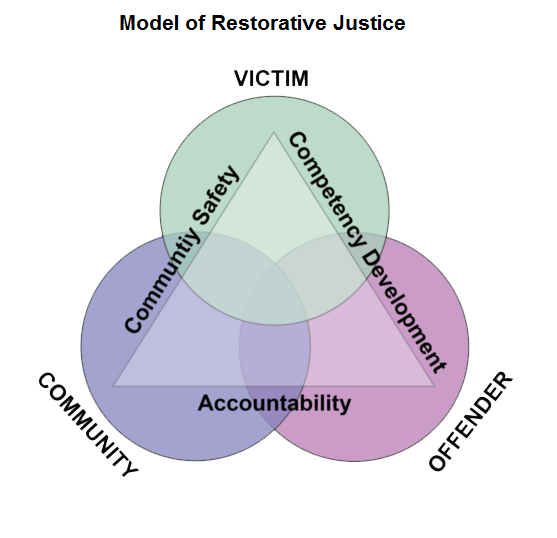Gladue Principles |
Gladue Submission Guide |
Gladue Factors |
What is the purpose of the database?
The Gladue Rights Research database is an ever-expanding work in progress, and updated frequently with new resources to better assist practitioners and their clients in the recognition of Gladue Rights (also known as the Gladue Principles). It is designed to assist Indigenous peoples, their legal counsel, and others working within the justice system with information that aids in the protection of Gladue Rights/Principles. Database users can find summaries and videos on the history of settler colonialism in Saskatchewan up to c. 1990, Social Context and Systemic Factors, and legal resources that will assist practitioners in building a Gladue Submission or Report. It is licensed under Creative Commons, and is available to everyone.

"Gladue principles apply in many situations, and [the courts] continue to identify new circumstances where they should apply. This includes at bail and sentencing hearings, appeals, parole hearings, extradition, mental health review board hearings, not-criminally-responsible hearings, dangerous and long-term offender hearings, and civil contempt decisions.”
B.C. Legal Aid, “Gladue Report Guide,” (2022), 24.
This database is designed to provide resources and summaries which will assist in writing or reviewing a Gladue Report or Submission, and any other report or assessment that considers Gladue Factors. It aims to be a repository for comprehensive information that helps contextualize systemic factors (or systemic discrimination). The database hosts directories (or research guides) on Alternative, Rehabilitative, and Restorative justice programs in Saskatchewan, and general summaries on Indigenous Justice and Legal Traditions to potentially inform restorative alternatives and sanctions. Legal Aid Saskatchewan has also published a Gladue Submission Guide, a practical plain-lanugage manual to help clients and their legal counsel prepare a Gladue Submission. Additional recent and unique personal information needed to complete Gladue Submissions and Reports must be acquired separately.
The Gladue Principles: What are they and How to make Effective Gladue Submissions
The Gladue Principles: A Q&A Interview with Legal Scholar, Benjamin Ralston
-
What questions does this interview answer?
-
- What does the implementation of the Gladue principles look like across Canada?
- What can typically be found in a Gladue report?
- What are some of the criticisms or challenges that Gladue reports have faced in the past and how are Gladue report practices changing?
- What are some of the criticisms or challenges that PSRS have faced in the past and how are PSR practices changing?
- How can lawyers prepare effective Gladue submissions and how might they best rely on the information in a Gladue report or PSR to do so?
